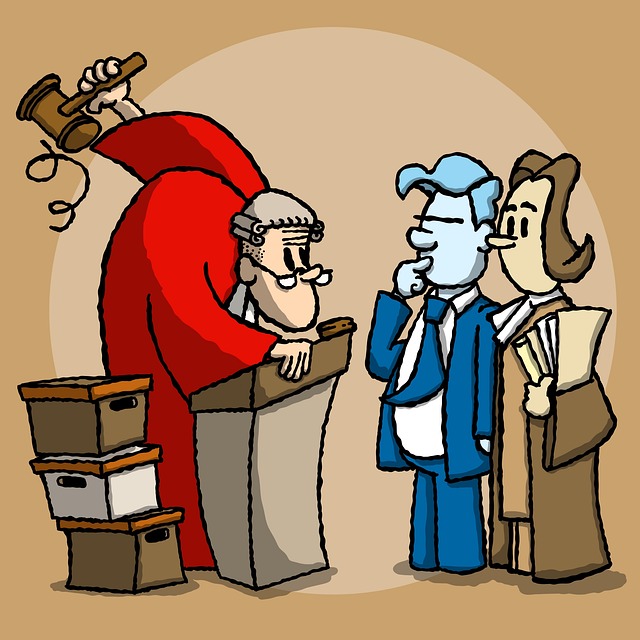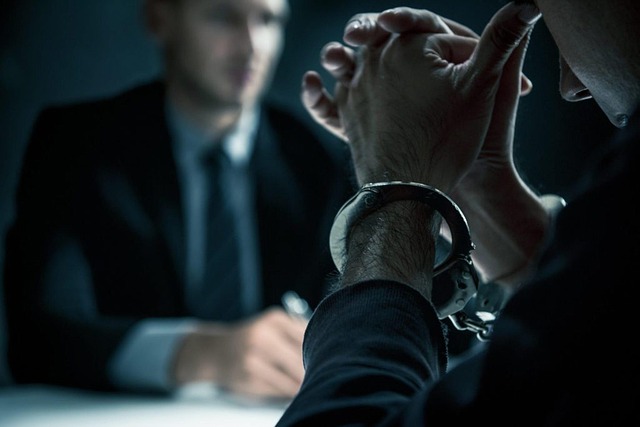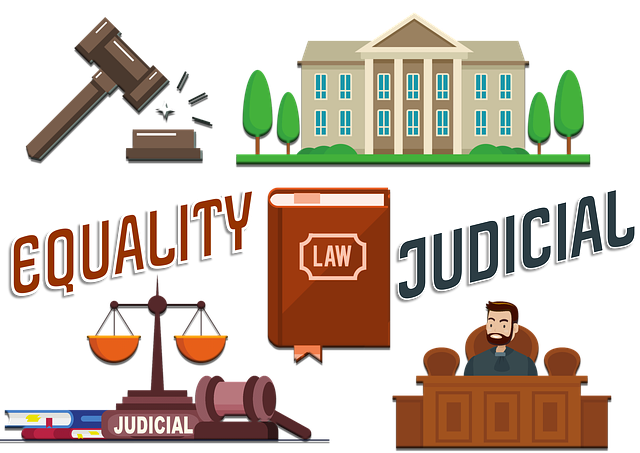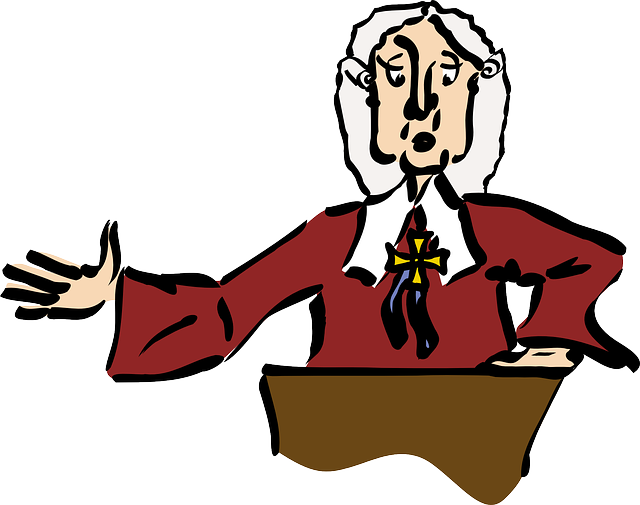Elevator accident attorneys specialize in personal injury and wrongful death cases stemming from elevator malfunctions, holding liable parties accountable for negligence or manufacturing defects. They navigate complex insurance disputes, secure fair compensation for injuries like broken bones, soft tissue damage, and head trauma, and argue breach of fiduciary duty against property managers neglecting maintenance. Victims may be eligible for damages including medical bills, rehabilitation costs, lost wages, pain and suffering, emotional distress, and more, with attorneys ensuring policy coverage is received based on liability and statutes of limitations.
Elevator accidents can result in serious injuries or even fatalities, making it crucial to understand your legal options. If you’ve been harmed in such an incident, an elevator accident attorney is vital. This article explores common types of claims handled by these specialists, delves into the legal strategies they employ to prove negligence, and highlights potential compensation and damages for victims. By understanding these aspects, you can better navigate the complexities of pursuing justice.
- Common Types of Claims Handled by Elevator Accident Attorneys
- Legal Strategies Used to Prove Negligence in Elevator Incidents
- Potential Compensation and Damages for Elevator Accident Victims
Common Types of Claims Handled by Elevator Accident Attorneys

Elevator accidents can result in severe injuries or even fatalities due to negligence on the part of property owners, maintenance crews, or manufacturing defects. Common types of claims handled by elevator accident attorneys include personal injury suits, wrongful death compensation, and product liability cases against manufacturers. These legal professionals are well-versed in navigating complex insurance disputes, ensuring that victims receive fair compensation for their truck accident injuries, auto accident injuries, or other harm sustained in elevator mishaps.
Elevator accident attorneys often represent clients who have suffered broken bones, soft tissue damage, head trauma, or other traumatic injuries due to elevator malfunctions or dangerous conditions. They may also handle cases where inadequate maintenance or design flaws contributed to the incident, holding responsible parties accountable for their actions and protecting the rights of those affected by such accidents.
Legal Strategies Used to Prove Negligence in Elevator Incidents

In elevator accident cases, establishing negligence is a key step for any elevator accident attorney. Legal strategies often involve thorough investigations to uncover evidence of liability. This may include examining maintenance records, interviewing witnesses, and consulting experts in lift mechanics to determine if safety protocols were followed and if there was a breach of industry standards. By presenting strong evidence, attorneys can prove that the property owner or manufacturer acted negligently, leading to the accident.
One common approach is to demonstrate a product liability through defective design or manufacturing. If the elevator has mechanical failures or safety systems that are not up to standard, it can be argued that these issues directly contributed to the incident. Additionally, breach of fiduciary duty may be invoked if property managers or owners failed to maintain the elevator system properly, ignoring routine checks or necessary repairs, thus putting residents and visitors at risk. Understanding these legal frameworks is crucial for elevator accident attorney firms in seeking just accident settlements.
Potential Compensation and Damages for Elevator Accident Victims

Elevator accident victims may be entitled to significant compensation for their injuries and losses. When an elevator malfunction causes harm, an experienced elevator accident attorney can help navigate the legal process and secure fair damages. These can include medical expenses, rehabilitation costs, lost wages, and pain and suffering. The extent of potential recovery depends on various factors, such as the severity of injuries, liability determination, and applicable statutes of limitations.
Beyond physical harm, elevator accidents may also lead to emotional distress, particularly in cases involving slip and fall injuries or even nursing home abuse. An elevator accident attorney can pursue damages for psychological trauma, anxiety, and depression resulting from the incident. Moreover, if insurance disputes arise, legal counsel specializing in elevator accidents can advocate for victims’ rights and ensure they receive the coverage they are entitled to under their policies.
Elevator accidents can cause significant injuries and emotional distress, making it crucial for victims to consult an experienced elevator accident attorney. Understanding the common types of claims, legal strategies, and potential compensation is essential in navigating these complex cases. By leveraging their expertise, individuals affected by such incidents can secure justice and fair restitution, ensuring they receive the support needed during recovery. Engaging a dedicated elevator accident attorney is a vital step towards achieving a favorable outcome.






